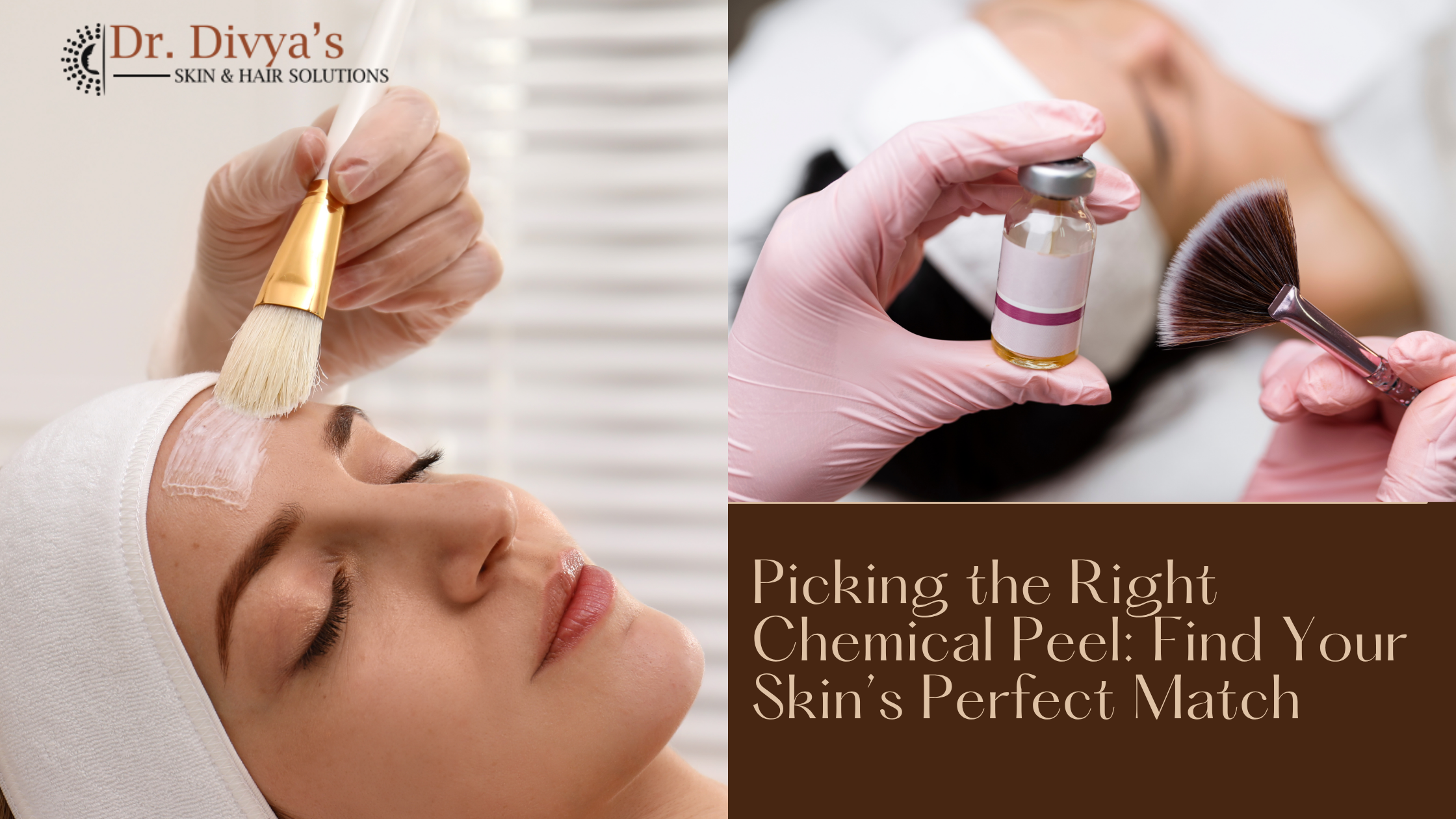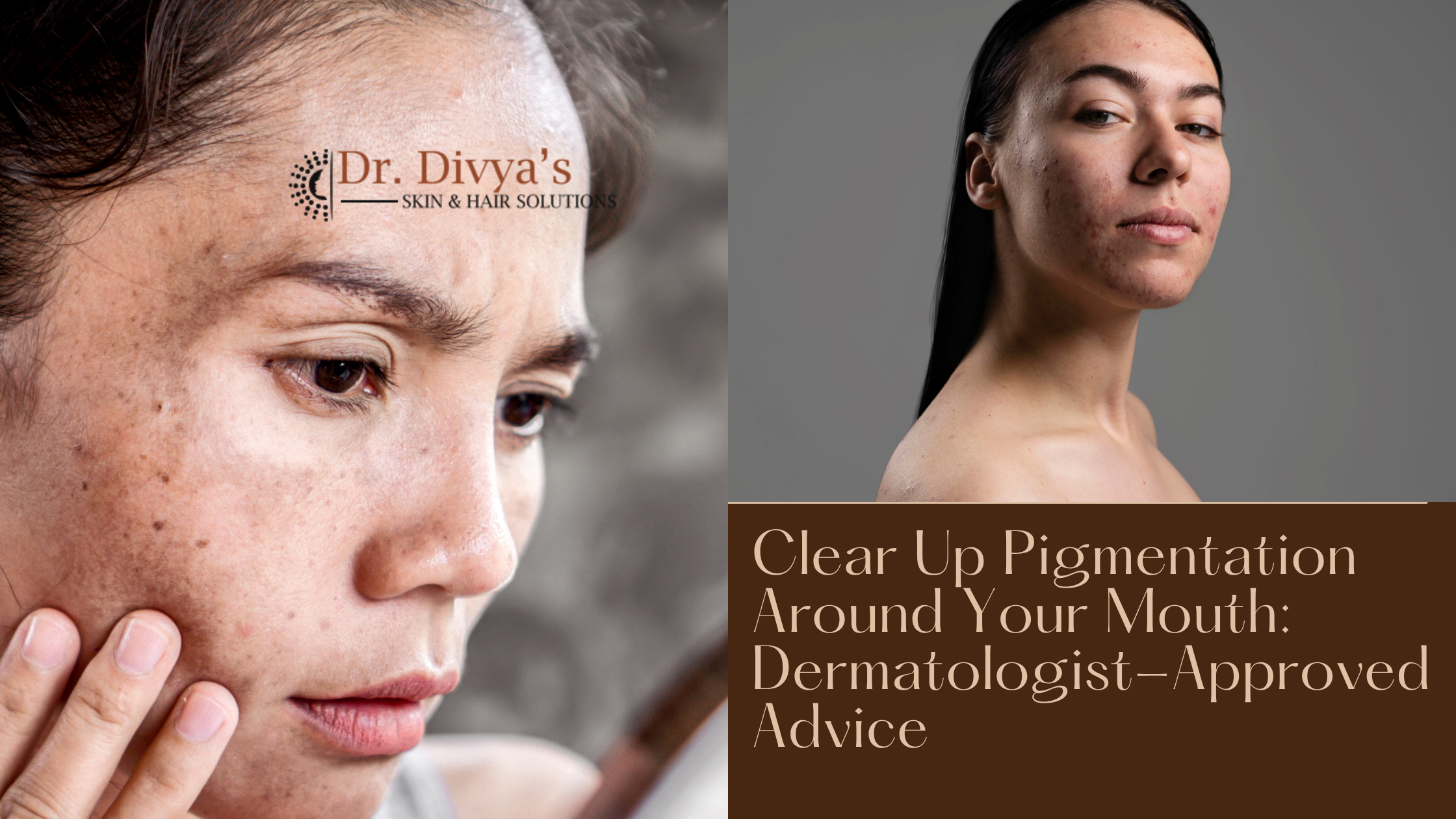Posted date on Jul 31, 2025
Pigmentation is one of the most common skin concerns faced by people of all ages—especially in India, where sun exposure, pollution, and hormonal changes can take a toll on skin tone. While home remedies and over-the-counter products may offer temporary relief, stubborn pigmentation often needs professional care. If you’ve tried everything and nothing seems to work, visiting a dermatologist could be the game-changer your skin needs.
Understanding Pigmentation
Pigmentation occurs when the skin produces excess melanin, the pigment responsible for skin color. This can lead to dark spots, patches, or uneven skin tone. The most common types of pigmentation include:
- Melasma: Often triggered by hormones or sun exposure
- Post-Inflammatory Hyperpigmentation (PIH): Follows acne, burns, or injuries
- Sunspots or Age Spots: Caused by long-term sun damage
- Freckles: Often genetic, worsened by UV rays
While not medically harmful, pigmentation can affect one’s confidence and self-image—especially when it becomes resistant to creams or DIY solutions.
How a Dermatologist Can Help You Treat Pigmentation
1. Accurate Diagnosis
Not all pigmentation is the same. A dermatologist identifies the root cause—be it hormonal, environmental, or lifestyle-related. This ensures the treatment targets the actual issue rather than just the symptoms.
2. Customized Treatment Plans
Dermatologists design treatment based on your skin type, medical history, and pigmentation severity. This approach prevents trial-and-error with products that might worsen your condition.
3. Advanced Skin Treatments
Depending on the diagnosis, a skin specialist may recommend:
- Chemical Peels – Gently exfoliate and fade dark patches
- Laser Therapy – Targets deeper pigmentation layers
- Microdermabrasion or Dermabrasion – Removes damaged outer layers
- Topical Prescriptions – Medical-grade creams with retinoids, hydroquinone, or kojic acid
- These procedures are far more effective and controlled than what’s available over the counter.
4. Sun Protection Guidance
Sun exposure is one of the biggest contributors to pigmentation. Dermatologists guide you on choosing the right sunscreen and how to use it correctly to prevent recurrence.
5. Long-Term Skin Management
Treatment doesn’t stop once pigmentation fades. A dermatologist helps you maintain results with a proper skincare regimen, follow-up visits, and lifestyle modifications to prevent future pigmentation.
Why DIY Doesn’t Always Work
Pigmentation can be stubborn and multilayered. What works for one person may not work for another. Misuse of strong ingredients like lemon juice or unregulated creams can even make things worse—causing burns, irritation, or more pigmentation. A dermatologist ensures your treatment is safe, effective, and tailored to your skin.
Conclusion
If you're tired of hiding behind makeup or filters due to uneven skin tone or dark spots, it’s time to take professional help. A certified dermatologist not only treats pigmentation at its root but also empowers you with the right knowledge to maintain healthy, glowing skin. Remember, beautiful skin is a result of expert care, consistency, and patience. Start your journey today with the right specialist by your side.
Frequently Asked Questions (FAQs)
Q1: How long does it take to see results from pigmentation treatments?
Most patients start noticing improvement within 4 to 6 weeks, but it depends on the type and severity of pigmentation, along with the treatment chosen.
Q2: Are pigmentation treatments safe for all skin types?
Yes, a dermatologist customizes the treatment based on your skin type and sensitivity, ensuring safety and effectiveness—especially for Indian skin.
Q3: Can pigmentation come back after treatment?
Yes, it can. Without proper skincare and sun protection, pigmentation may return. Maintenance treatments and dermatologist-recommended routines help prevent recurrence.
Q4: Is laser treatment safe for pigmentation?
Laser treatments, when done by a qualified dermatologist, are safe and effective. However, they must be done with proper skin evaluation to avoid side effects.
Q5: How do I know if I need to see a dermatologist for pigmentation?
If your dark spots have persisted for months, are spreading, or don’t respond to OTC creams, it's best to consult a dermatologist for expert evaluation and care.





